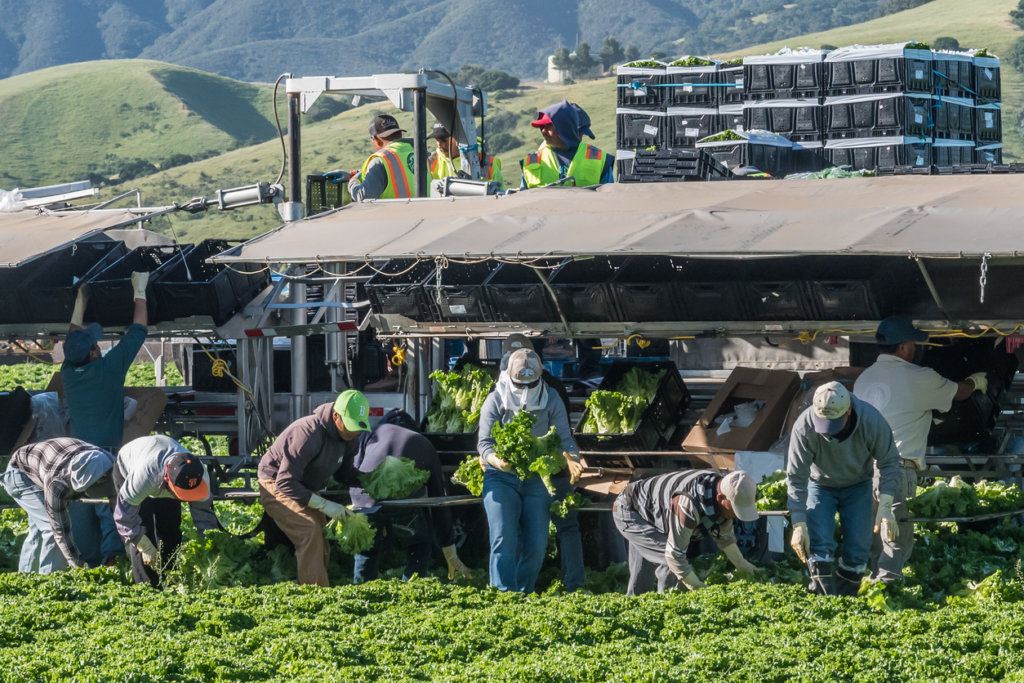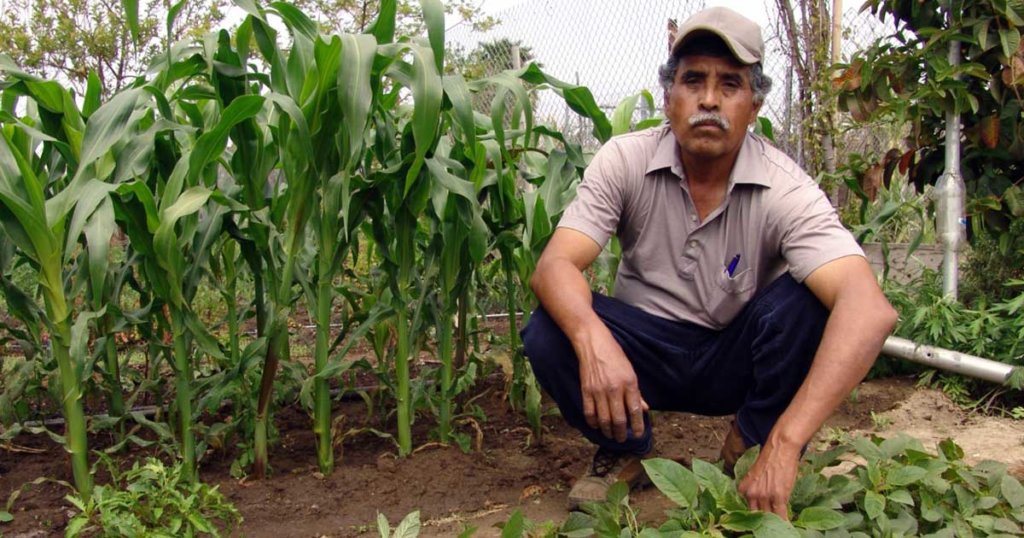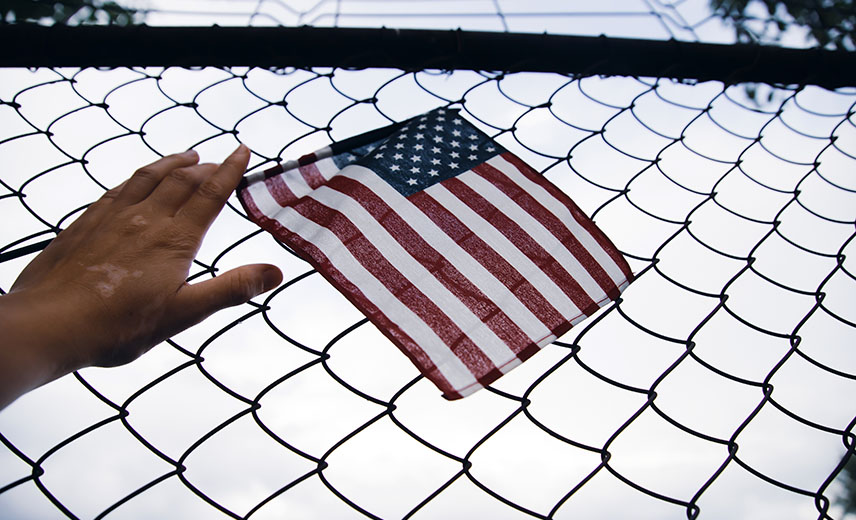The reality of so-called worksite enforcement: What happens when workers are arrested at work
This blog is the fourth in a series on how Trump’s immigration policies affect all Americans. It is based on a forthcoming report on the effects of Trump’s immigration policy by UnidosUS. You can read the rest of the posts in the series here.

One way that the Trump administration has gone after undocumented people in the United States is through reviving “worksite enforcement operations.” This type of enforcement was used frequently by the George W. Bush administration from 2003 to 2008, ostensibly to target employers who knowingly hired undocumented workers.
Over the years, critics have noted that these worksite enforcement actions do little to curtail hiring practices and labor abuses, as employers are able to skirt their labor obligations and, in many instances, simply hire other groups of undocumented workers to replace those taken into immigration custody.
Unfortunately, history and recent events have shown that all too often these actions rip families apart and place burdens and stress on children, including a sizable share who are U.S. citizens. In this way worksite enforcement is perhaps one of the clearest examples of how the current administration’s immigration measures are part of a larger suite of family separation polices that is damaging to the entire country.
LEAVING EMPLOYERS OFF THE HOOK
Worksite enforcement operations have a checkered track record in accomplishing what they set out to do: deter illegal hiring practices by employers.
For example, according to a Congressional Research Service (CRS) report, Immigration and Customs Enforcement (ICE) investigators made 1,103 criminal arrests in fiscal year 2008—with most of the charges being brought against the workers, and not the companies that employed them. By fiscal year 2014, even though employers faced increased sanctions for labor violations, CRS nonetheless found that the number of employers receiving “final orders” for civil money penalties remained “very low” relative to the number of U.S. employers (less than 0.2%).

The Migration Policy Institute cuts right to the chase in one report: “Employer sanctions have been largely ineffective as a tool in controlling illegal immigration. Certain employers do not comply because they see little risk in compliance and competitive advantages in hiring a cheaper and more compliant labor force.”
Given the dubious track record worksite enforcement actions have in achieving ICE’s stated goal of curbing illegal hiring practices, some advocates contend the objective really is to sow fear in immigrant communities through a highly visible show of force.
Perhaps the most infamous ICE worksite enforcement action in recent history occurred on May 12, 2008, in the small northeast Iowa town of Postville. This operation led to the arrest and deportation of nearly 400 workers, many of whom left behind families and children. A decade later, local leaders observe that the town and surrounding region have not fully recovered.
One proof point is the impact on local schools. The year before the ICE operation, the local school district had 648 students. But by 2011, that number had dropped to 564—the district’s lowest point in 17 years.

DESTROYING FAMILIES AND COMMUNITIES
As UnidosUS (then the National Council of La Raza) has reported on before, Latino children have paid the highest price for operations like the one in Postville. Indeed, in the weeks and months that followed the Postville incident, school personnel reported an increase in behavioral problems, with more students “acting out…aggressive type behaviors that [one would] have to attribute to the fact that kids are missing their parents or know that the family’s split up now.”
After the raid, the number of children that needed mental health care services at schools increased. The local high school lost several students—many of whom are U.S. citizens—who were obligated to seek employment due to lost family income. And, as we’ve noted earlier in this blog series, we know that aggressive deportation policies like these can be extremely disruptive to the education and housing stability of children.

One study even found that infants born to Latina mothers in Iowa had a 24% higher risk of low birthweight—a measure strongly associated with mortality risk and developmental problems—in the period following the Postville raid. By comparison, infants born to White mothers in the state saw no change in risk of low birthweight.
The Postville raid is not a distant memory. There have been several raids between April and June of this year. Some have been very large, resulting in nearly or more than 100 workers being detained by ICE. Curiously, some of these larger operations have occurred in the Rust Belt, regions hotly contested in the 2016 presidential election.
UNIDOS US AFFILIATES STEP UP
These raids—and the actions of this administration—have compelled UnidosUS Affiliates to step up and help. In early June, there was an immigration raid at Corso’s Flower and Garden Center, located in the Ohio towns of Sandusky and Castalia. As the community was reeling from loss, an Ohio-based UnidosUS Affiliate—El Centro de Servicios Sociales—stepped in to help, even though the raid didn’t happen in Lorain, where they’re based.

“There is a large immigrant community that works in agriculture, but for the most part, they’re scattered throughout the state,” says Victor Leandry, Executive Director of El Centro de Servicios Sociales. Because the community is so scattered, there weren’t many Latino-serving community-based organizations that had the capacity to respond to one of the largest immigration raids that had ever taken place in the state.
El Centro’s start on the ground was slow-going. At first, no one wanted to open their doors to a stranger.
But that changed once they partnered with a local community pastor. “Because of her, people started opening their doors to us,” Leandry says.
Thelma Cruz, Supervisor of Adult Supportive Services, as well as Annabel Barron, one of the caseworkers on her team, were on the ground every week. Cruz notes that their work didn’t just consist of helping connect families to mental health services or bringing food and supplies to the community. “We received monetary donations which were all used to assist them in paying bills. There was this constant fear of how they’re going to pay the rent, the electric bill…” she explains.
Although work only interrupted at one factory during the raid, the other factories in the community did not emerge unscathed.
“Other factories around them were letting people go. If you’d drive through town, you would see a lot of signs that said, ‘Help Wanted,’” Leandry says.
Since the June raid, Leandry and Cruz have been checking on families in need. But El Centro has unfortunately had to scale back its operations and move out of the community. Even as a well-established community-based organization, they’re stretched beyond their limit in helping those left behind after the raid.
These type of enforcement actions are reminiscent of Postville 10 years ago, and like Postville many likely will have a long way to recovery. When asked if anyone else was moving into the community to pick up where their work had left off, Leandry has a simple answer.
“No.”
By Carlos Guevara, Senior Policy Advisor, UnidosUS and Stephanie Presch, Content Specialist, UnidosUS



